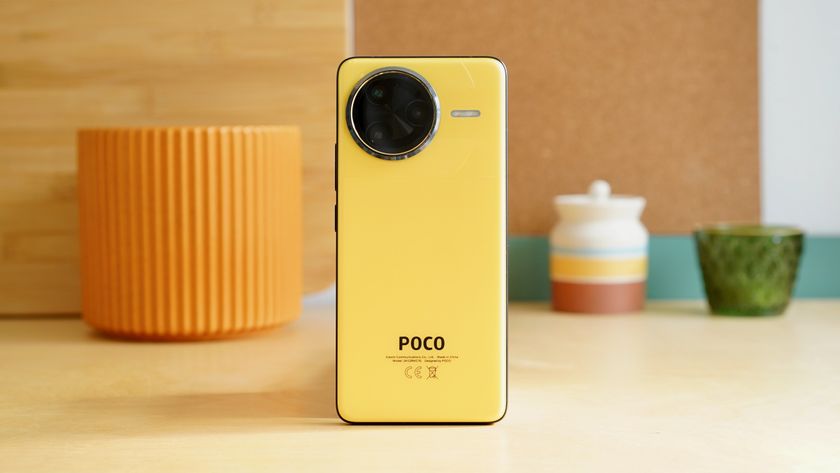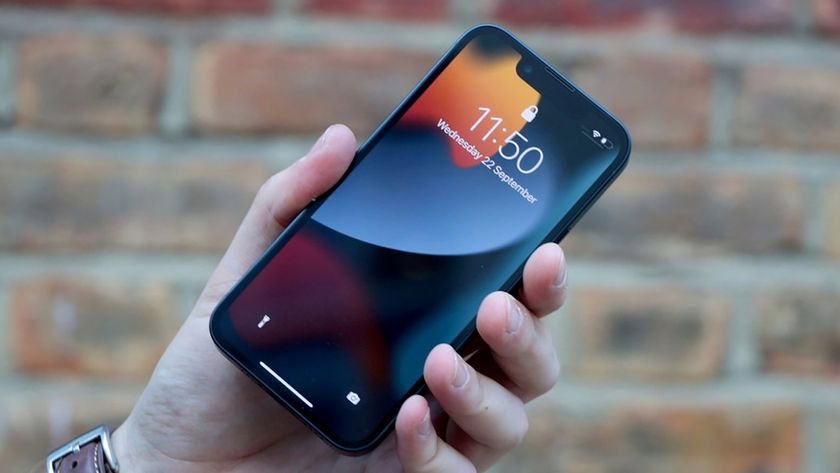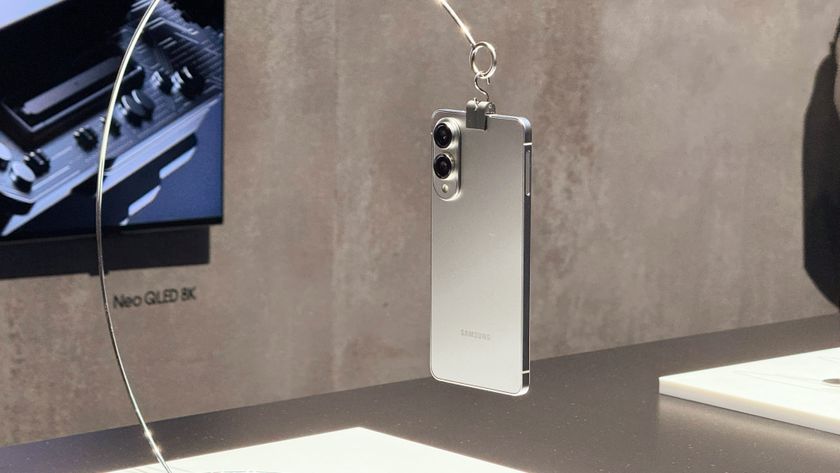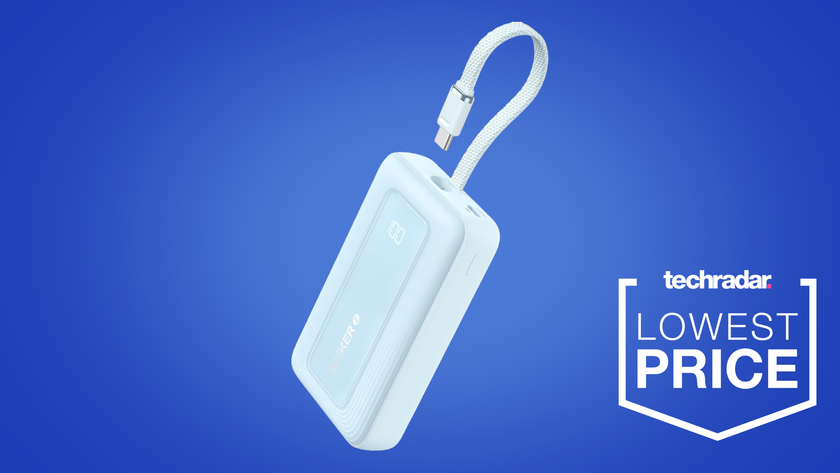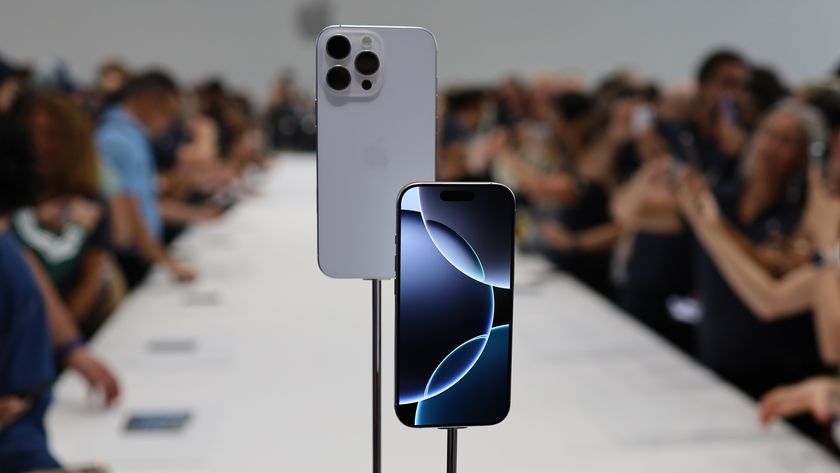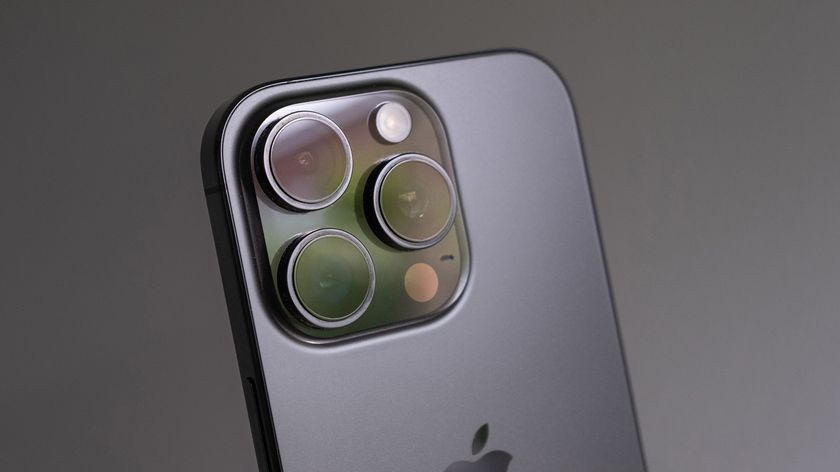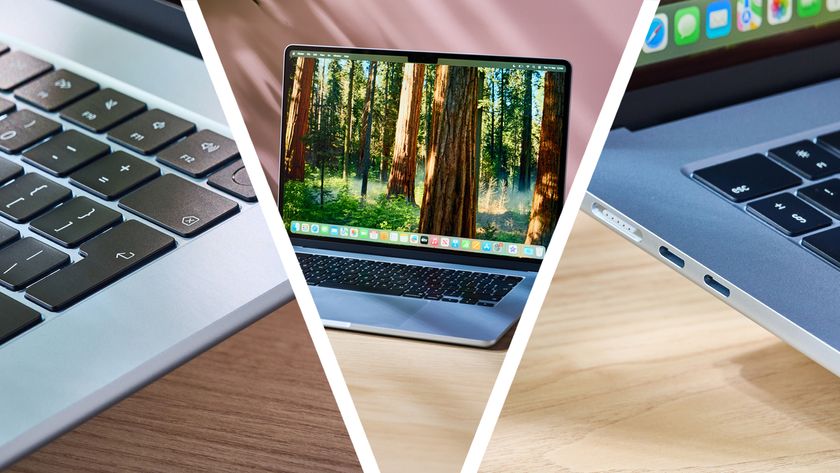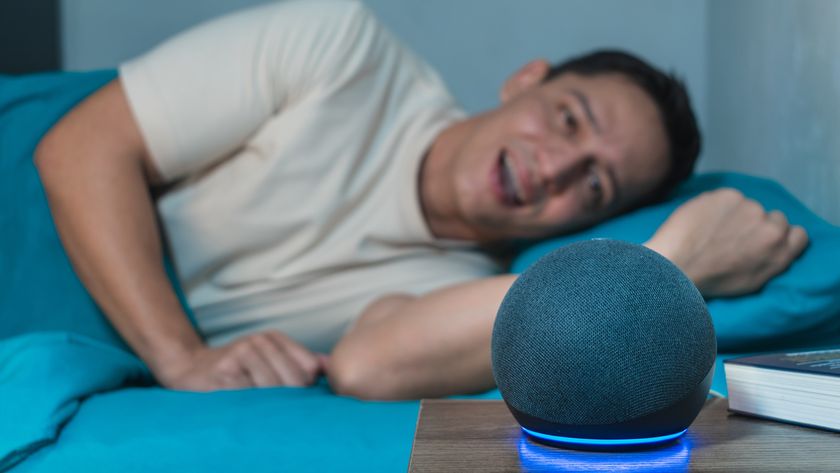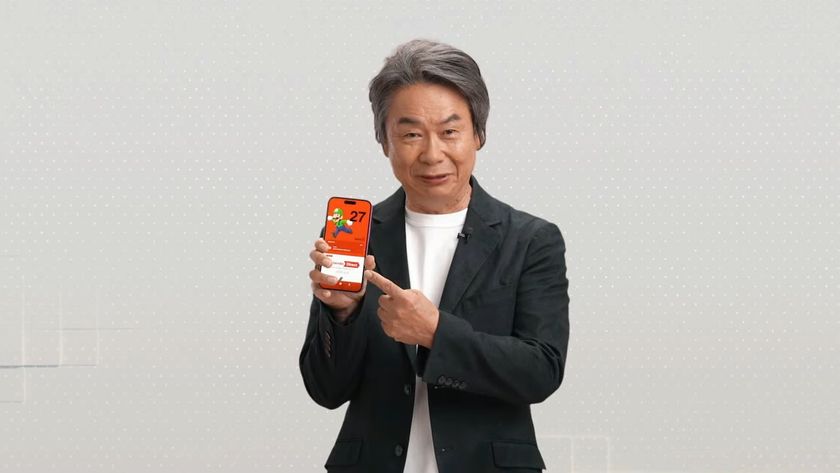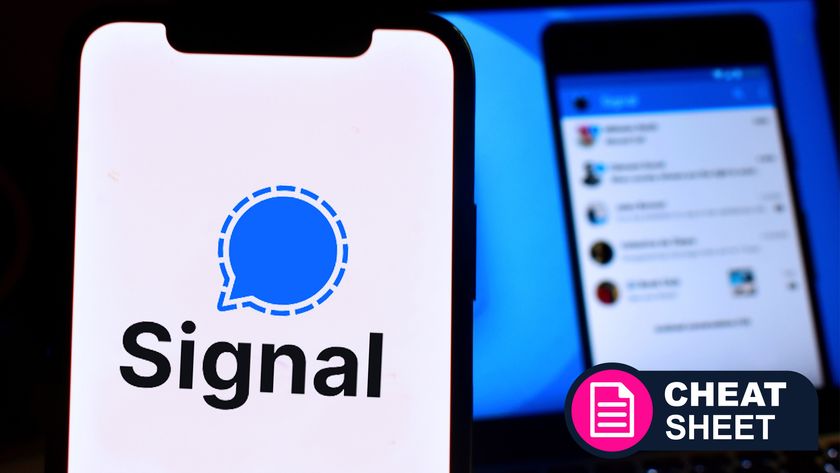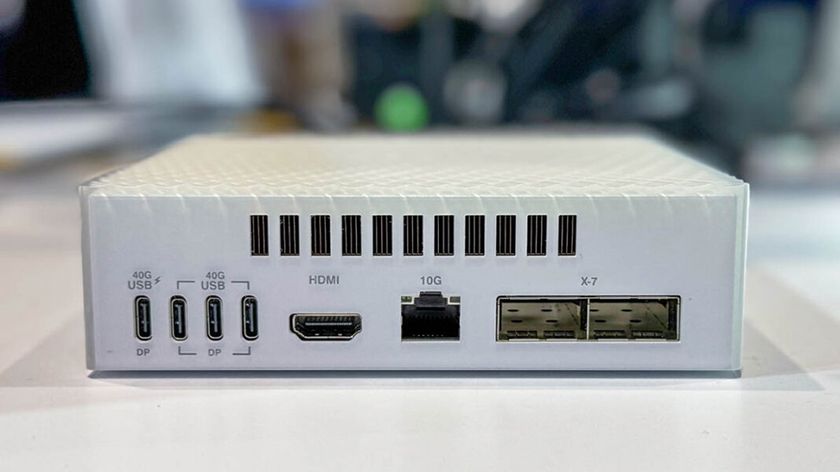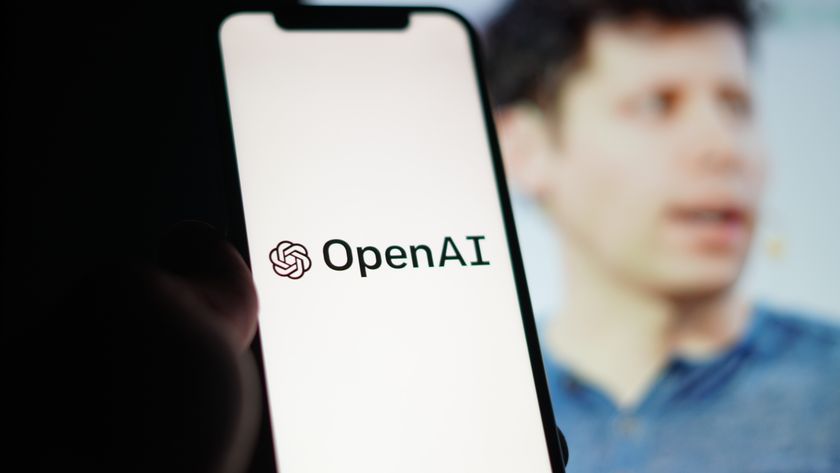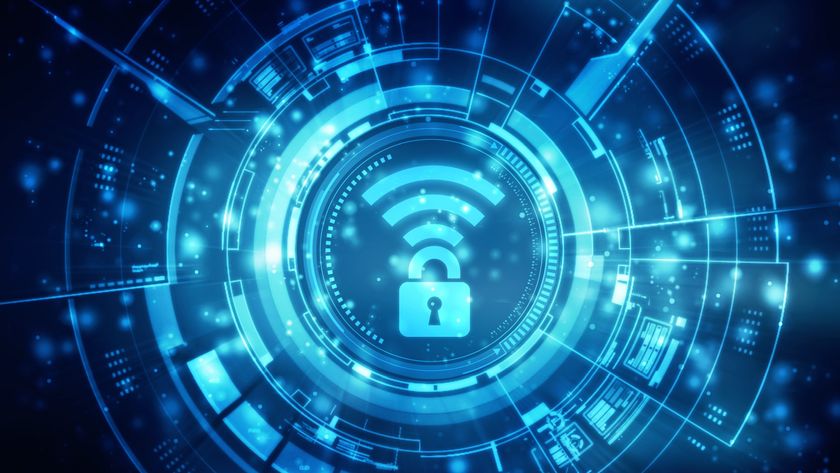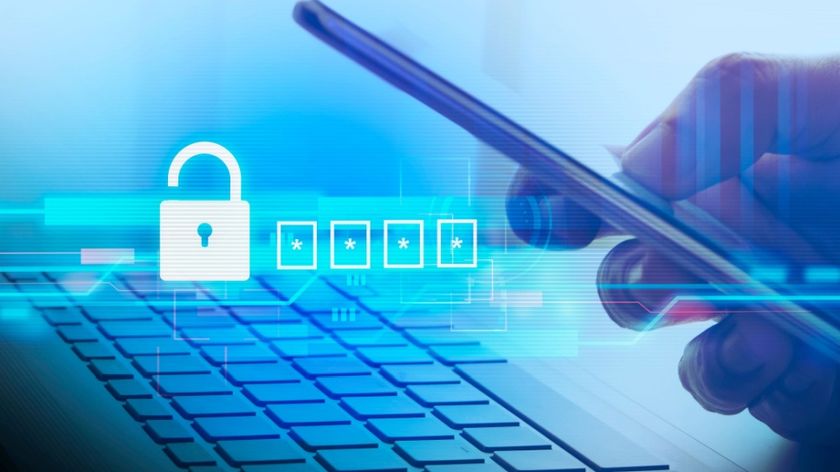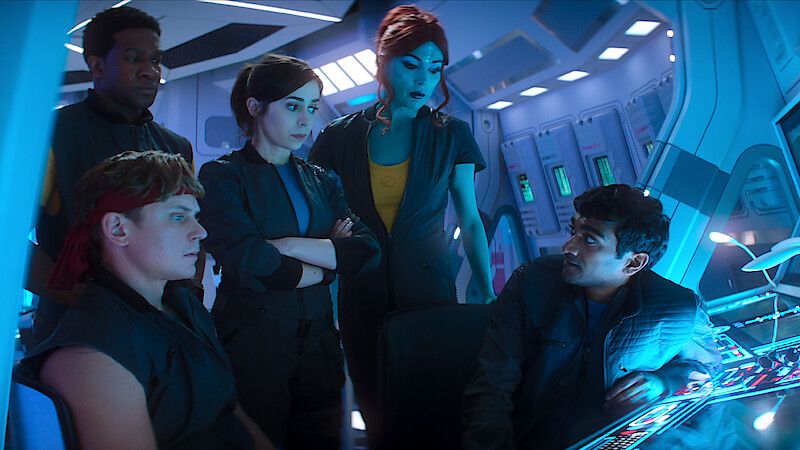Cell phone unlocking is one step closer to being legal
All it needs is Obama's signature
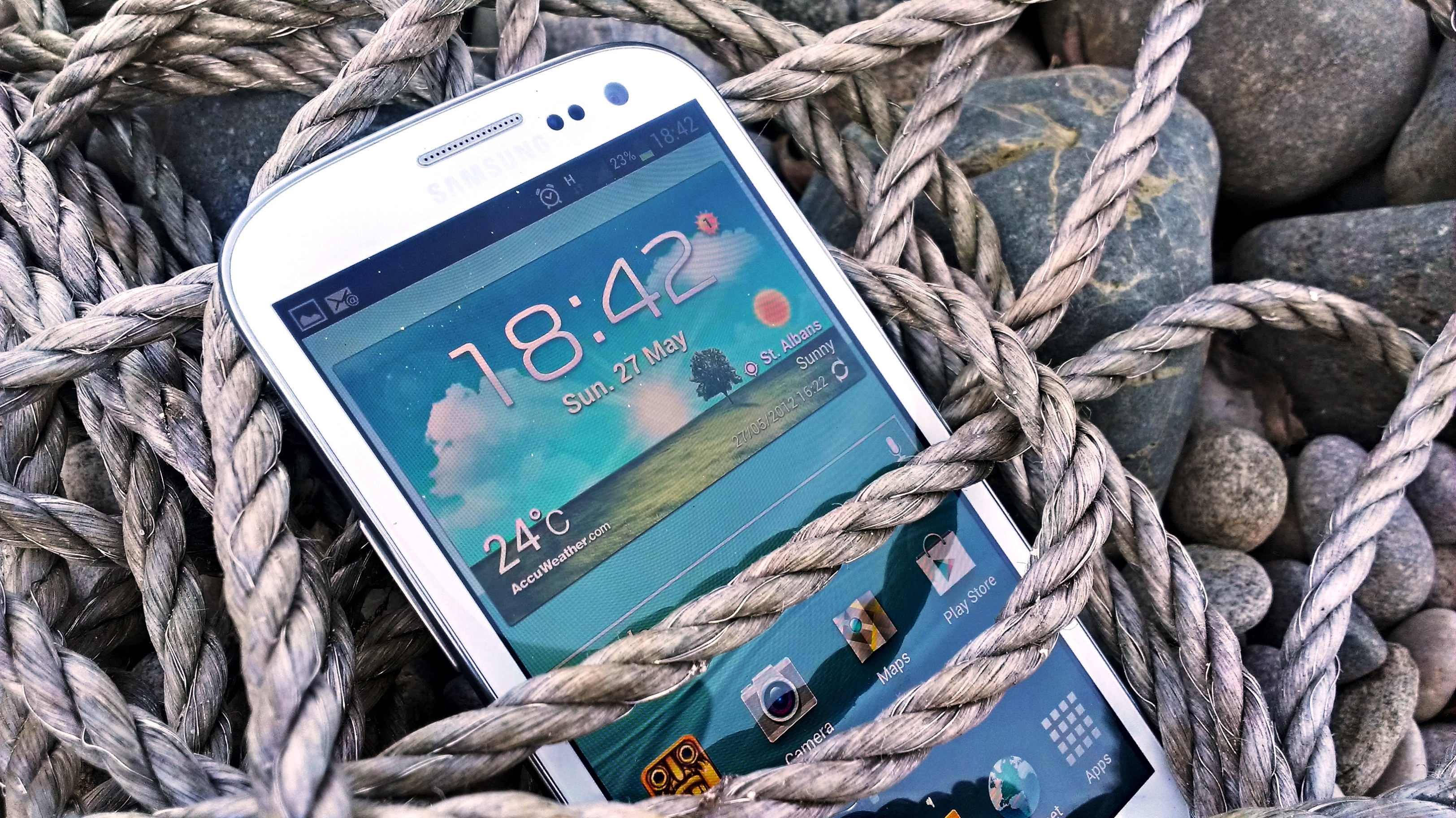
The ability to unlock your phone and use it on the carrier of your choice took one step closer to being legal today as the House of Representatives unanimously passed a bill allowing just that.
The bill, approved by the Senate last week, is headed to the president's desk. President Obama shouldn't put up a fuss in signing the bill into law.
"The bill Congress passed today is another step toward giving ordinary Americans more flexibility and choice, so that they can find a cell phone carrier that meets their needs and their budget," Obama said in a statement.
The Library of Congress, which controls US copyright law, effectively made cell phone unlocking illegal with a 2012 ruling. As it stands, those who unlock their cell phone without permission, even when their current carrier contract expires, are breaking the law and are subject to penalties, including jail time.
Carriers banded together with the FCC late last year to make it easier for consumers at the end of their contracts to unlock their phones. Over 114,000 people petitioned the White House to allow consumers to take their mobile devices to other networks.
In addition to legalizing cell phone unlocking, the legislation asks the Library of Congress to reexamine their rules next year, potentially opening the door for tablets and other devices to join their mobile phone brethren in unlocked-dom.
- This means you could unlock your iPhone 6!
Via Reuters
Get daily insight, inspiration and deals in your inbox
Sign up for breaking news, reviews, opinion, top tech deals, and more.
Michelle was previously a news editor at TechRadar, leading consumer tech news and reviews. Michelle is now a Content Strategist at Facebook. A versatile, highly effective content writer and skilled editor with a keen eye for detail, Michelle is a collaborative problem solver and covered everything from smartwatches and microprocessors to VR and self-driving cars.
